Sanguine Assistant Treasurer says liquidity shortfall not an issue for Australia’s banks
Stephen Jones hopes UBS’s takeover of Credit Suisse will bring some calm to turbulent global banking markets.

Assistant Treasurer Stephen Jones hopes UBS’s landmark takeover of beleaguered rival Credit Suisse can bring some calm to turbulent global banking markets, despite investors fretting about further banking sector weakness and the prospect of a US recession.
Questions about the ongoing viability of Credit Suisse came to a head last week sending fresh shockwaves through financial markets, after the collapse earlier this month of three US financial institutions including Silicon Valley Bank.
UBS agreed to acquire rival Credit Suisse for more than 3bn Swiss francs ($4.8bn) in Switzerland over the weekend, in an all-share rescue transaction that was brokered by the Swiss government and regulators.
The transaction left Credit Suisse’s global and Australian staff on tenterhooks on Monday, after UBS outlined plans to axe $US8bn ($12bn) in costs, with a large proportion of that reflecting headcount cuts, as it worked to bed down the historic Credit Suisse deal.
In a separate move to stem the panic, the US Federal Reserve partnered with central banks in Canada, England, Japan, and Switzerland to provide “co-ordinated action” and boost liquidity for financial institutions through standing US dollar liquidity swap line arrangements.
Mr Jones – who is also the Financial Services Minister – told The Australian the strength of the domestic banking sector implied similar liquidity measures were not required here.
“I don‘t think we’re near that point,” he said. “All our banks are very well placed, strong capital positions, (and) are well regulated. The prudential regulator and others are all over it.
“We’re not worried about the situation here obviously. We’re keen to ensure in the other jurisdictions they can provide the same level of certainty.
“Nobody complains about strong regulation and conservative prudential management in the middle of a crisis.”
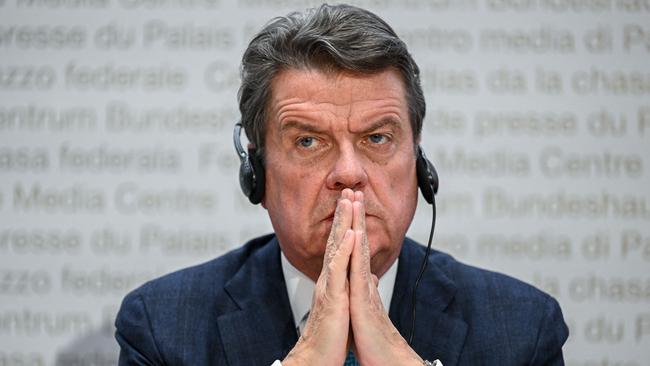
Despite the rescue deal for Credit Suisse, Australian bank shares largely declined on Monday led by steep drops of more than 4 per cent in Suncorp, Macquarie Group and Virgin Money UK stock, outpacing a 1.4 per cent decline in the ASX 200. The declines were linked to concerns about dislocation in funding markets.
The forced takeover of Credit Suisse – whose history dates back almost 167 years – will see 16bn Swiss francs in additional tier-one bonds written down to zero, hitting those investors hard and ricocheting through bank bond markets.
UBS chairman Colm Kelleher said it was “a day frankly we hoped would not come”, as he outlined the Credit Suisse takeover came after Swiss regulators used emergency powers to “preserve global financial stability”.
The tie-up creates a global wealth manager with $US5 trillion of invested assets, but Mr Kelleher said UBS would “de-risk and downsize” Credit Suisse’s trading operations, putting the bulk in a separate non-core division.
On the Credit Suisse takeover, sources told The Australian, each UBS business unit would be undertaking a granular assessment of the target’s operations to ascertain which businesses would be retained or ringfenced within the investment bank, which would be partly run down or spun off.
Credit Suisse’s circa 100 Australian employees received an internal memorandum about the transaction on Monday, but any detailed information was not yet forthcoming about how the deal would play out here. Staff were told they should continue to work as usual and would receive any scheduled bonus payments on March 24. Several global conference calls were slated to occur on Monday and Tuesday.
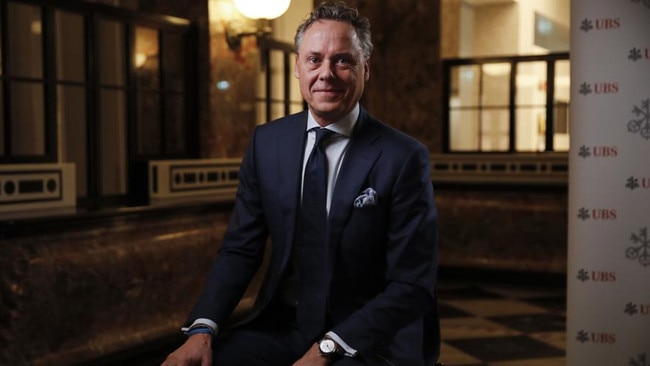
The Australian Prudential Regulation Authority is expected to have to sign off on aspects of UBS’s acquisition of Credit Suisse in this market. APRA is working through the details of the Credit Suisse takeover to gauge what it means locally, but declined to comment on Monday.
In Australia, Credit Suisse houses an investment banking division and a private banking unit. Some rival investment banks were already targeting selected local Credit Suisse employees and customers on Monday, albeit hiring will be curtailed by a still weak activity in mergers and acquisitions and equity capital markets transactions.
Locally, Credit Suisse ranks 16th so far this year on mergers and acquisitions work, up from finishing last year in 29nd spot, according to Refinitiv. UBS ranks sixth in Australian M&A so far in 2023. In the global rankings, Credit Suisse is in 12th place so far this year, ahead of UBS in 15th spot.
UBS chief executive Ralph Hamers said the Credit Suisse takeover would accelerate parts of the firm’s existing growth strategy, including in the Asia Pacific region, but also highlighted challenges ahead as it ringfences and runs down parts of the investment banking arm.
“We will have an even bigger platform for investment … we’re making a giant step in terms of our strategy to grow,” Mr Hamers told analysts on a call on Monday.
He said the takeover of Credit Suisse would strengthen UBS‘s geographic footprint, including in Switzerland, Europe, the Asia Pacific region and Latin America.
“In Asia Pacific specifically, with our strength in Hong Kong, Singapore and China that will now be complemented by Credit Suisse’s leading position in South East Asia, which part of our strategy was focused on,” Mr Hamers said.
“Basically, we can accelerate our organic strategy here with an inorganic opportunity.”
UBS said the combination of the two businesses was expected to generate annual run-rate of cost reductions of more than $US8bn by 2027. Some $US6bn of that amount is anticipated to reflect the removal of full-time roles – which may cost about $US1.25bn – and also $US2bn in cost savings on the technology systems.
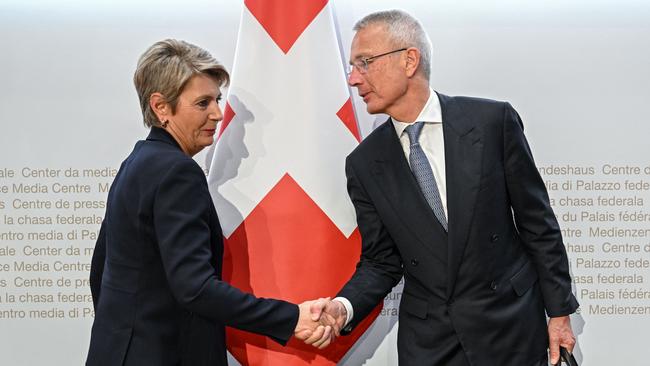
Credit Suisse has confronted fragility in recent years, exacerbated by exposure to collapsed firms supply chain financier Greensill and Archegos Capital Management.
On the challenges facing UBS of the takeover, Mr Hamers said: “Clearly the real challenge here is the run down of the … investment banking activities.”
He added the UBS team would reach out to their Credit Suisse counterparts “as soon as possible” to iron out aspects around moving parts of the business to a non-core unit.
Credit Suisse had already embarked on a plan to spin off its investment bank in a separate business, to be known as CS First Boston.
Mr Hamers was asked about whether that spin-off would be shelved and said: “Can’t give you answers on everything yet, obviously.”
Credit Suisse sources said there would still be attempts to convince UBS the spin-off was a good option. “I don’t think it’s over on the First Boston play, but it has gotten a lot harder,” one banker said on the basis of anonymity. Much would depend on how UBS wanted to position itself in investment banking to ensure any spin off was not giving a leg up to a rival firm.
Mr Hamers noted UBS would execute the run down of the Credit Suisse investment bank in a “rational way”. He said his preference was that it happened sooner rather than later, to free up management resources.






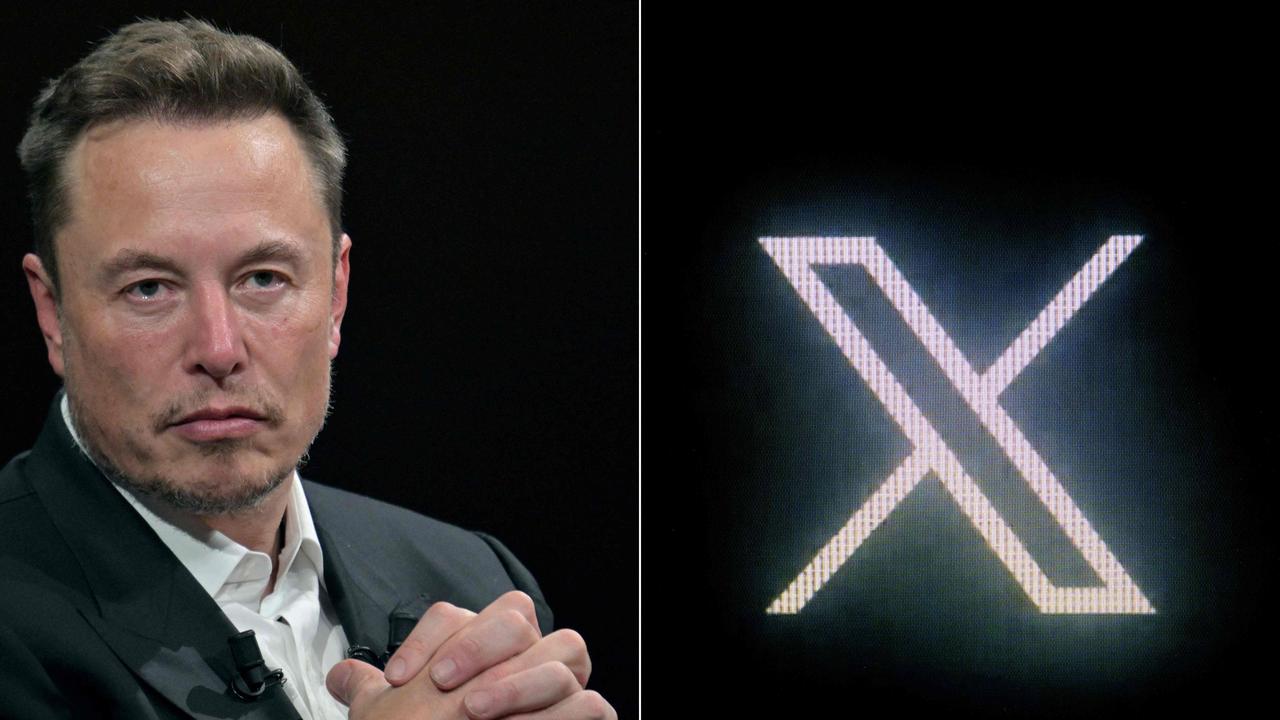
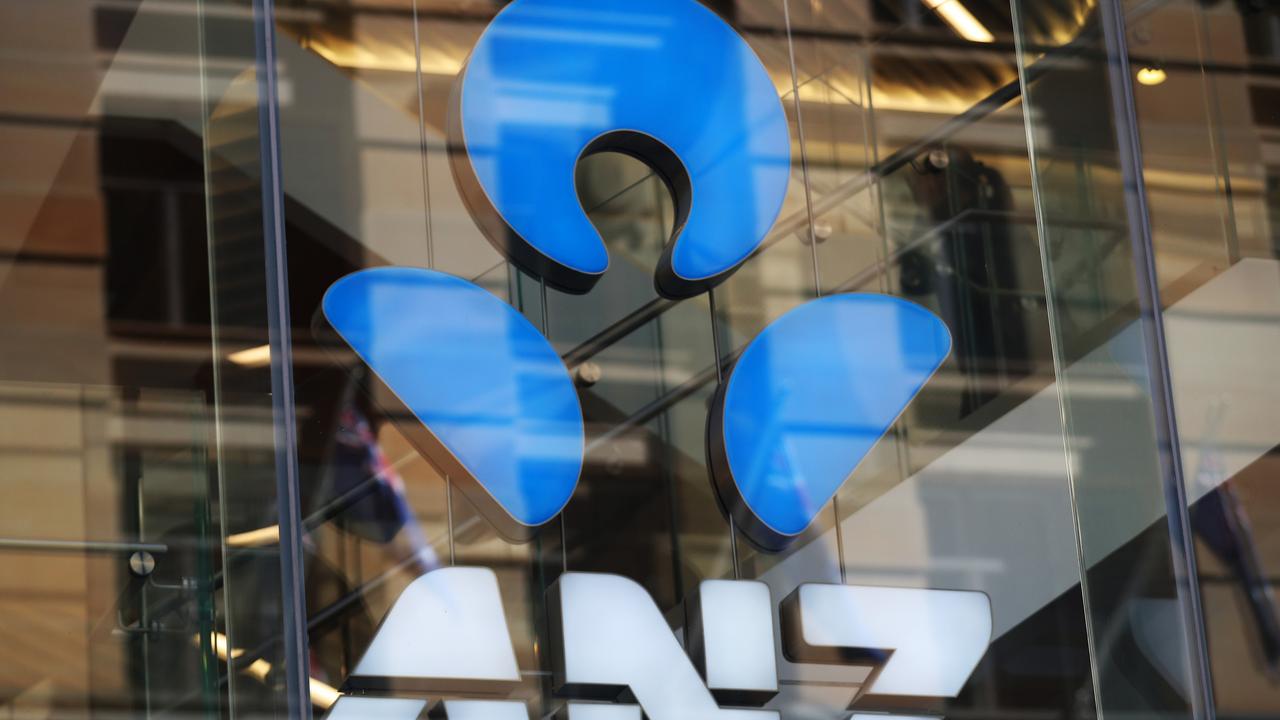
To join the conversation, please log in. Don't have an account? Register
Join the conversation, you are commenting as Logout